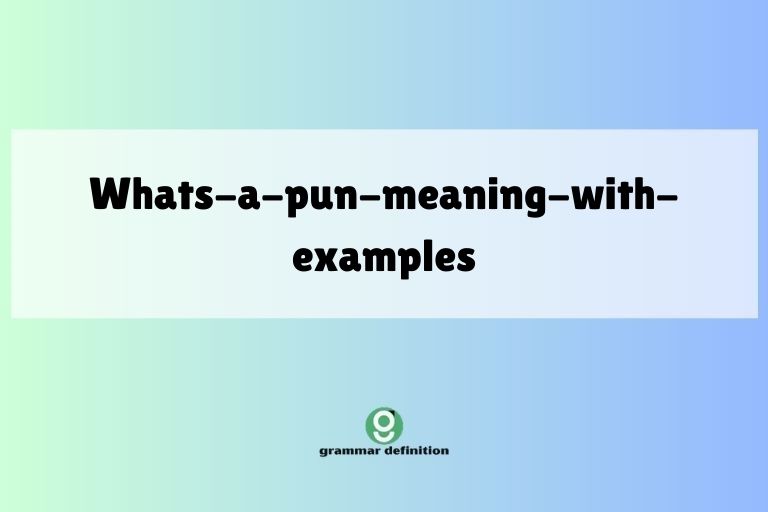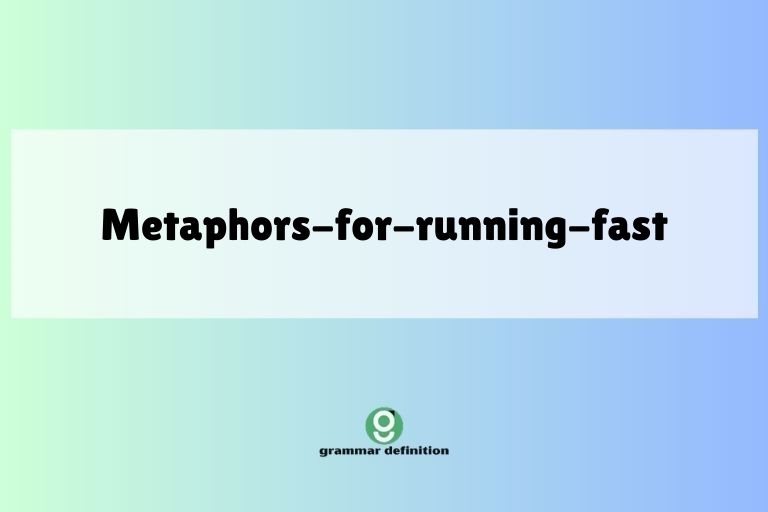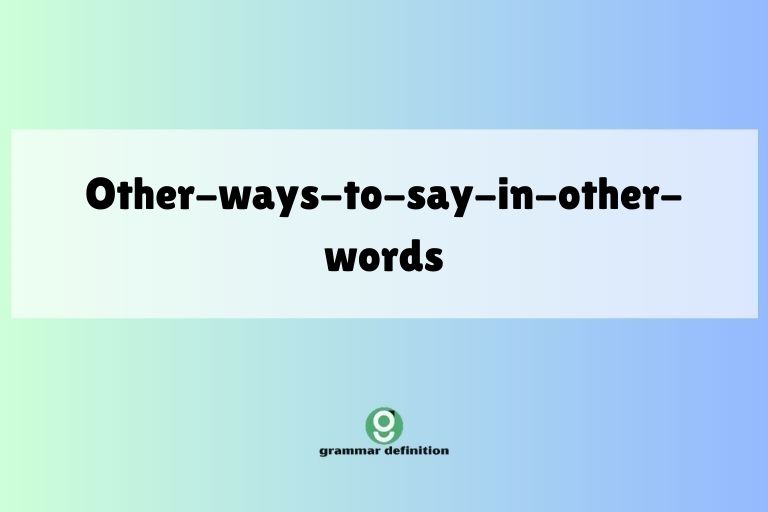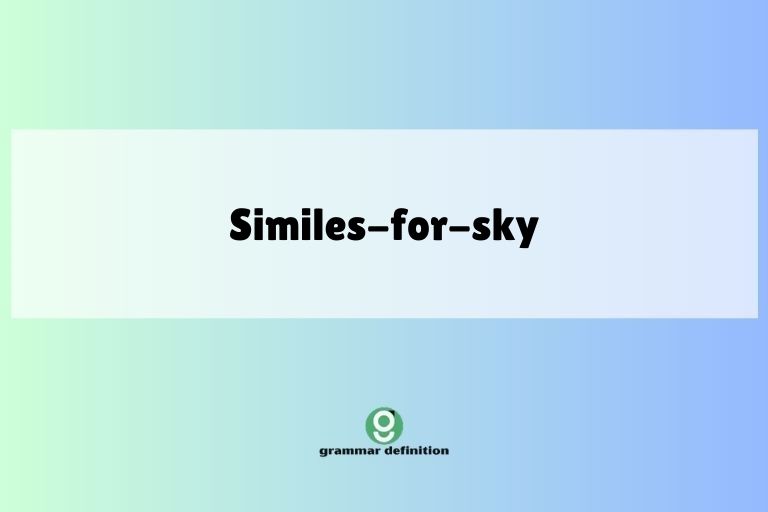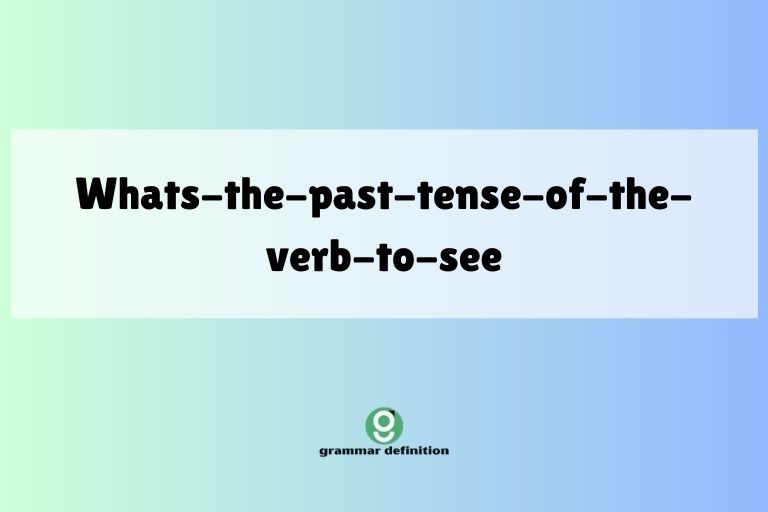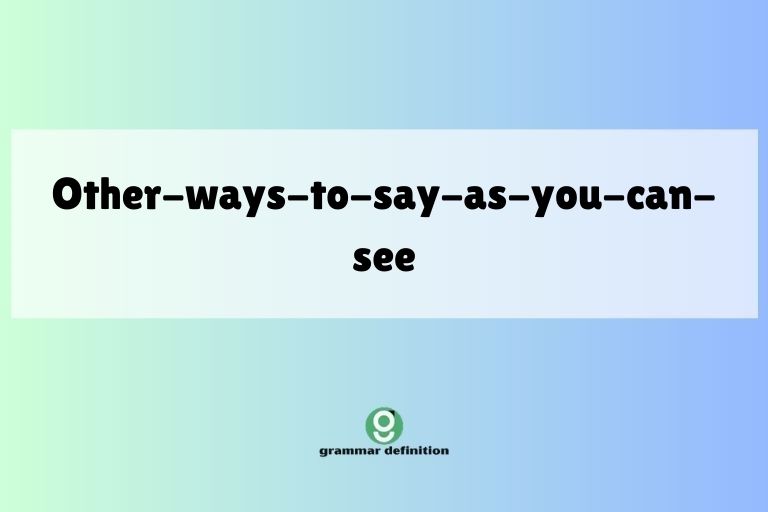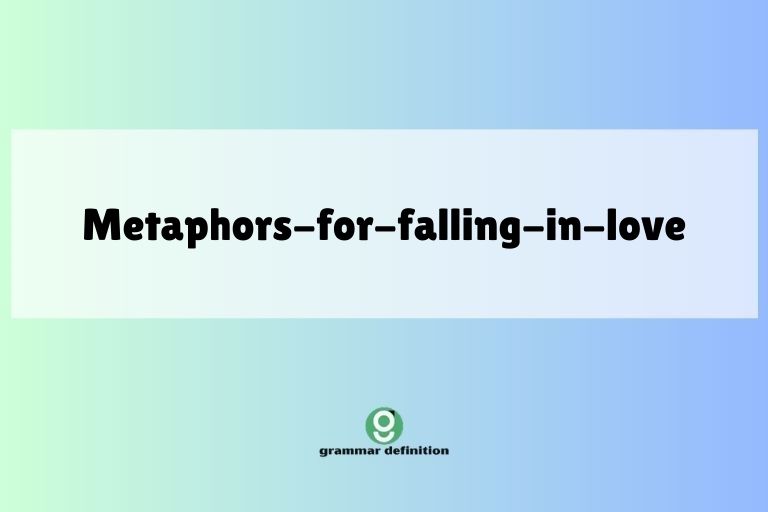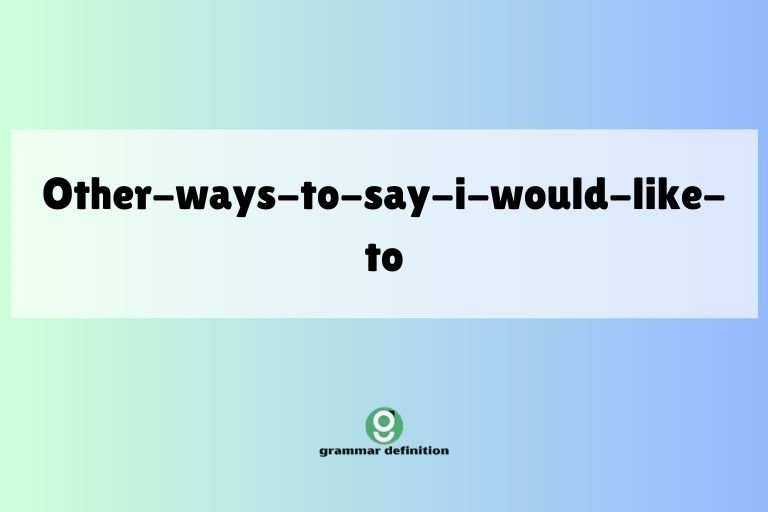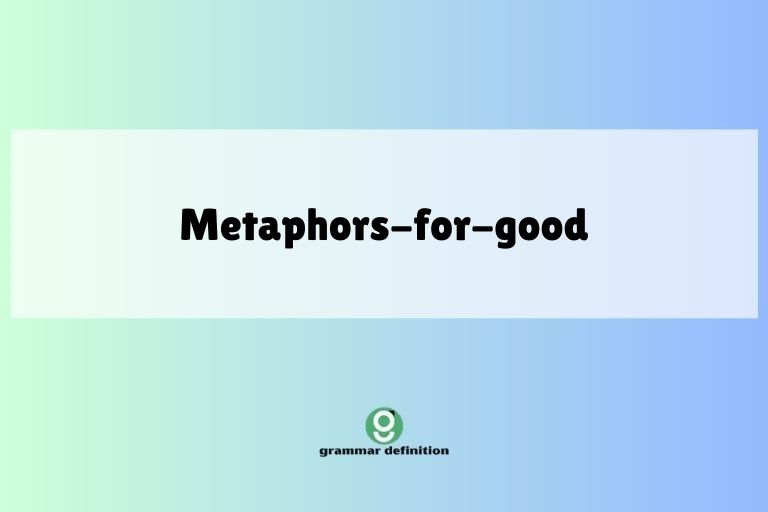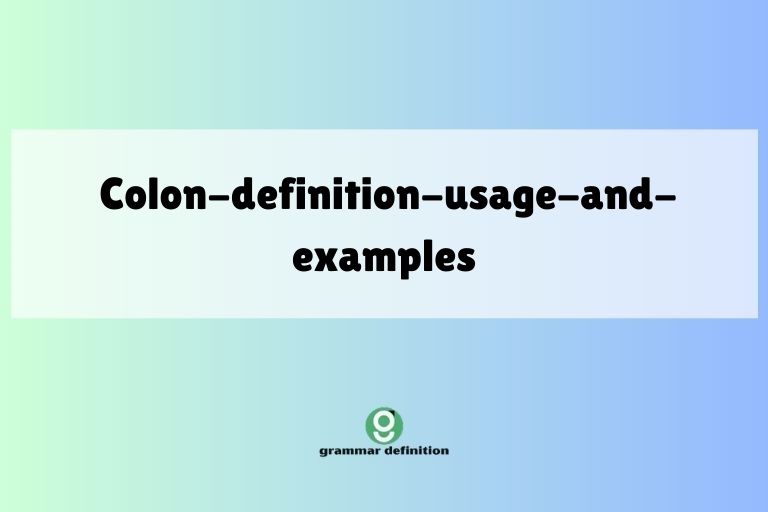What’s a Pun? Meaning, Types, and Examples
Puns are a playful and often humorous form of wordplay that exploits the different possible meanings of a word or the fact that there are words that sound alike but have different meanings. Mastering the art of understanding and using puns can significantly enhance your comprehension of the English language, improve your wit, and make … Read more

